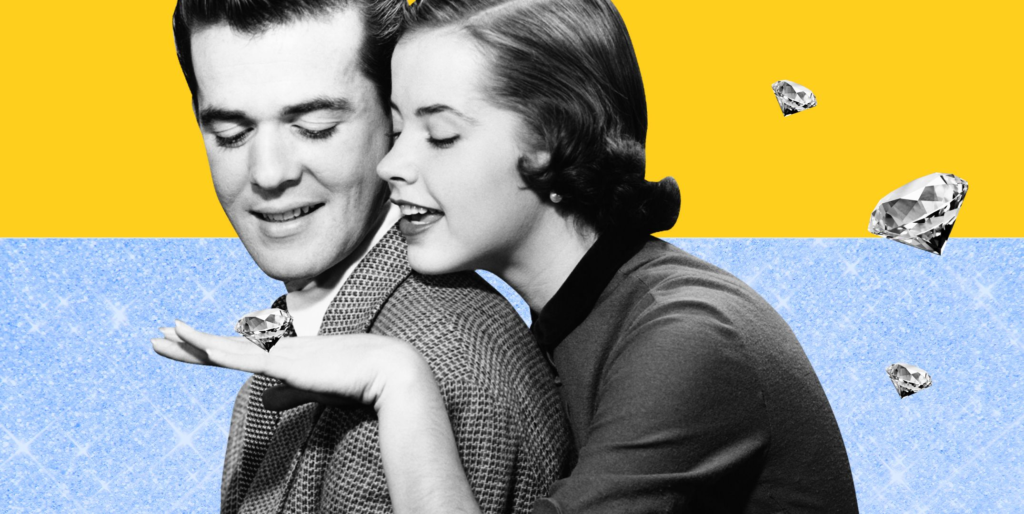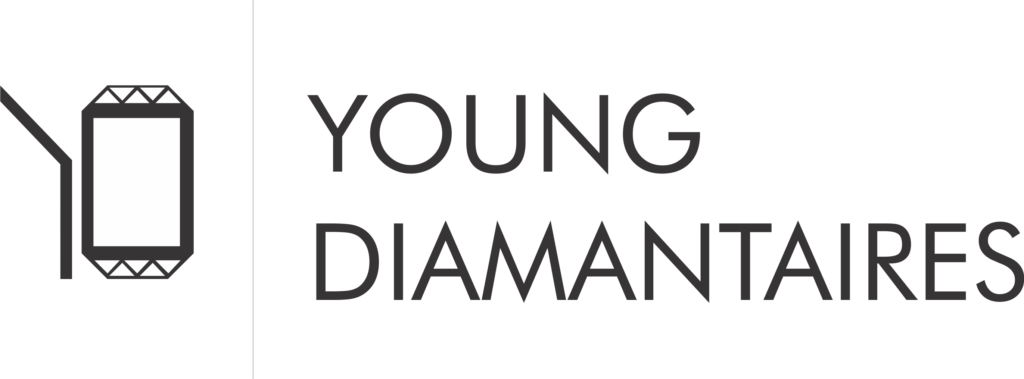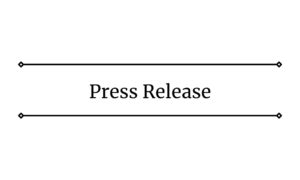Understand the concept of sacrifice.
When most people want to sell more, or bigger dollar figures, they resort to the discount. It is the reality in every culture and business. You name it, they do it.
I grew up working in a jewellery business that would often start off with a 50% discount and then still give further discounts after that.
What is wrong with this approach? We are all familiar with the typical answers. You reduce value; it is a race to the bottom; how can anyone have confidence in what you are selling and on and on. Yet so many people do it. The discount is a tool in our arsenal of selling. You can’t deny it often works and it has its place.
What do I even mean by the term sacrifice in this context? Where am I going with this?
Let us not confuse sacrifice with opportunity cost. Opportunity cost is the technical term for choosing to do one thing over the other after you have weighed up the pros and cons of each. Sacrifice is to be used sparingly, or it becomes a negative. In our day to day relationships, we look to “compromise” as this is a more equal and balanced approach.
I read a book recently which explained the psychology of sacrifice in a way that flicked the switch for me and allowed me to appreciate how we in the diamond industry can use this to sell bigger goods.
If you look at how a parent raises their child, you realise that you need to invest in that child an enormous amount of your time. That time means that you must, in many cases, sacrifice something to be there for your child when they need you. Often it doesn’t suit you or it’s not convenient. You might try and find a way to work around it, but when you step back and look at your child’s success and development as an individual, it often comes from enormous sacrifice, and you would do it all again without hesitating a moment. This must be the purest form of “sacrifice”.
When a person goes to buy a diamond engagement ring for their partner, they probably haven’t experienced the above form of sacrifice. Maybe they are purchasing a ring just to solve a problem. In this scenario, perhaps they were with their partner for 10 years and they feel they owe them a ring. Some might see this as their need to show their appreciation and buying something bigger or spending more money than they originally anticipated, satisfies an obligation.
However, let’s look at a scenario where they really want to buy something with a wow factor and show how much effort they put into finding the right diamond. You see, it is this customer who is wanting, or let us use the word “needing”, to buy the best they can. That need to stretch their budget is their sub-conscious mind validating an inner emotion of achievement, or if I may use the word success.
Wanting to buy something bigger or something even better than what was originally planned is common to us all. As a salesperson, it is not that you want to put them in a difficult financial situation, god forbid, rather it is about understanding what is driving their purchase. What is motivating them? All of us take pride in buying what might be considered the best of something. It could be golf clubs, a watch or a luxury car. It is human nature to strive for better.
Let us not be naïve. Who does not smile and feel chuffed when they hear their partner telling their friends ‘OMG I can’t believe they bought me such a big diamond”?

Many customers, ourselves included, want or need to feel a sense of accomplishment by knowing that we stretched ourselves and acquired something bigger and better. Before you shoot me down, who has not bought the bigger home, in the nicer area or the car with all the gadgets?
Did you need it? Of course not. So why did you go over your budget at the auction?
The purchase of a diamond ring is no different and giving the client the opportunity to buy the bigger diamond satisfies the symbolism of what the diamond ring stands for. Denying the client this option is a failing of your own belief system and is a result of your fear of losing the sale.
This is your hang-up, because in real terms, you have no idea how much a person might really want to spend. The jewellers who have made the biggest diamond sales in the world will tell you, it was to the customer who they least expected to spend that amount of money. Their shift in thinking was the result of them not setting pre-conceived amounts of what they thought a person could afford. If the client wanted to buy a 3ct diamond ring and walked in saying they only were thinking of spending $20k, maybe they just didn’t know that they would need to spend $80k plus. Let us assume that they wanted to make that “sacrifice” and spend that money. Why then are you trying to convince them buy a $20k ring?
The decision is an emotional one. How they spend their money is their business. Your role is to educate and align their needs with your merchandise, which may translate into purchasing a bigger or better diamond.
Why did De Beers suggest that a guy spend 3 months of wages when buying an engagement ring? He had to sacrifice. Without sacrifice, without stretching ourselves, the object of our desire has less value. We are dealing with basic human instincts. The relationship where neither party sacrifices for the other, will put a strain on any relationship, and probably lead to its demise. When your client comes to buy that diamond ring and they need to stretch to get that bigger stone, know that they are sending their brain a message that the person that they want to marry is worth the sacrifice.
A woman wants the LVMH bag. She might wait six months to two years before she can afford it, but it is the sacrifice to get there, to aspire to own this bag which is an incredibly powerful emotion.
Some can pretend that how much someone spends on a ring is irrelevant, and that might be true for some people. However, our core clients aspire to own and acquire beautiful rare precious items because they appreciate the symbolism attached. So yes, there are clients who will just buy on the basis of price. As soon as you work that out though, it’s important to either structure the sale accordingly or realise that this is not a client for you, and proceed accordingly.
The hardest thing for anyone to do is change. To change your selling style or your belief system is very hard. I challenge you in this post COVID-19 world, to use this moment in time to challenge yourself and know that you too can sell big diamonds. It is only your fear and belief system that is stopping you.
It’s simple. Just ask yourself why you buy what you buy and the sacrifices you make to acquire the things you want.
Trade well




This Post Has 2 Comments
I love it so much! Thanks for inspiring 🙂
thx for your feedback
Comments are closed.